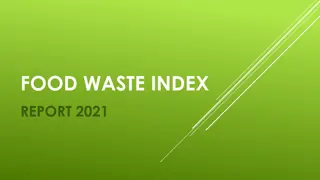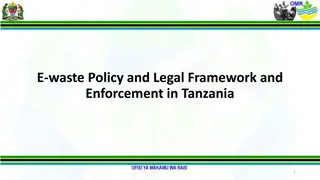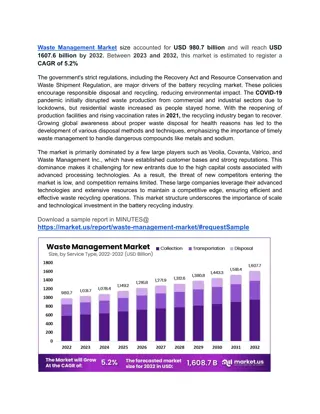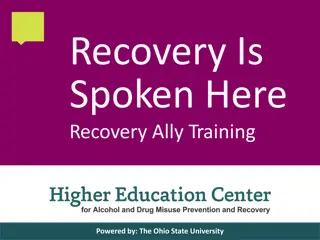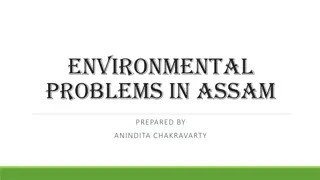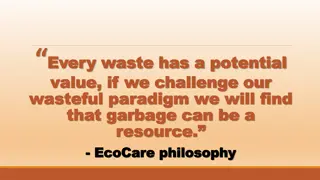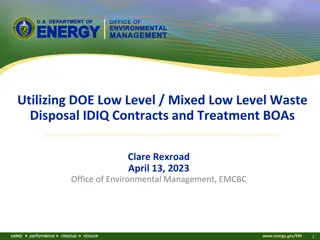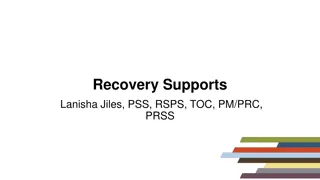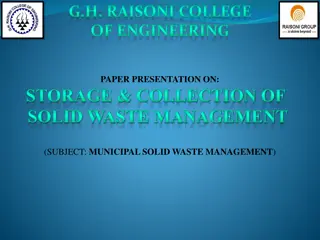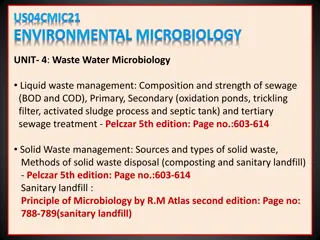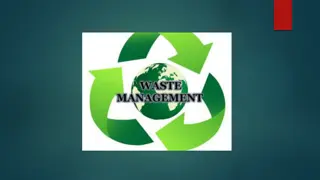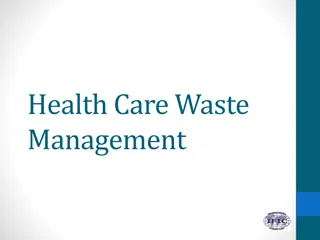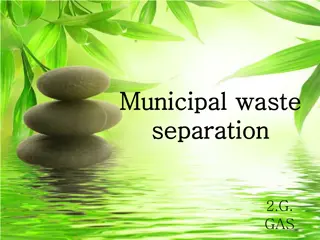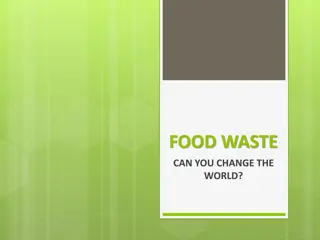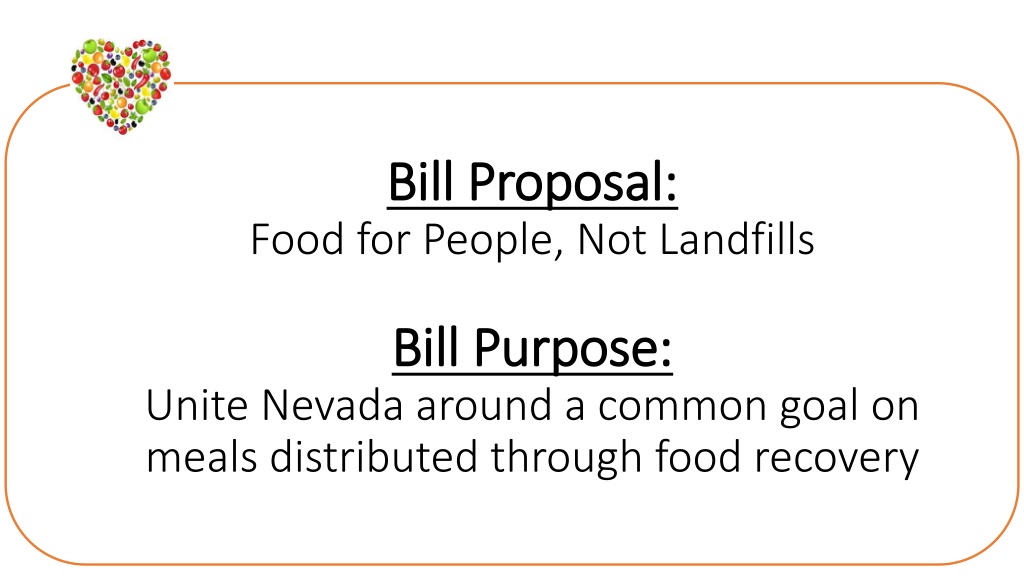
Unite Nevada: Food Recovery Proposal
The "Food for People, Not Landfills" bill proposal aims to unite Nevada in redistributing meals through food recovery, addressing the significant social issue of food waste. By increasing food diversion from landfills, positive social outcomes can be achieved, such as ending hunger for thousands and reducing environmental impact. The plan involves stakeholder buy-in and fee-for-service structures to maximize effectiveness.
Download Presentation

Please find below an Image/Link to download the presentation.
The content on the website is provided AS IS for your information and personal use only. It may not be sold, licensed, or shared on other websites without obtaining consent from the author. If you encounter any issues during the download, it is possible that the publisher has removed the file from their server.
You are allowed to download the files provided on this website for personal or commercial use, subject to the condition that they are used lawfully. All files are the property of their respective owners.
The content on the website is provided AS IS for your information and personal use only. It may not be sold, licensed, or shared on other websites without obtaining consent from the author.
E N D
Presentation Transcript
Bill Proposal: Bill Proposal: Food for People, Not Landfills Bill Purpose: Bill Purpose: Unite Nevada around a common goal on meals distributed through food recovery
Background Food waste is a significant social issue Billions of pounds of edible food is wasted/not consumed by people Wastes the resources put into producing and distributing food Has harmful environmental effects There are alternatives for food before it becomes waste EPA Food Recovery Hierarchy
Background Government plays a role in food recovery Federal: H.R. 3444 State: VT, CA, CT, MA, NY, RI Business plays a role in food recovery Kroger: Zero Hunger|Zero Waste MGM: Spotlight on Hunger Walmart funding source and residential waste reduction
Goals Increase the amount of food diverted from landfills In 2016, organic waste was the third largest component of Nevada s municipal solid waste (~16%, 132,593 tons) NDEP includes food waste reduction as a future consideration for solid waste management 2016 State Recycling Charts (Nevada Recycles)
Goals Utilize food diverted from landfills for positive social outcomes Recovered food is nutritious food Each ton of food rescued from a landfill can end hunger for 10 people for a year Graph at right: 7,000 tons 10 people = no hunger for 70,000 people Three Square Food Bank weight of food rescued (in millions of pounds) by category, 7/1/2017 to date
Plan Borrow structure from the Buy Nevada campaign Provide multiple levels of participation to maximize stakeholder buy-in Establish a fee-for-service structure (e.g., reviewing participation plans for best practices, data management)
Expected Outcomes Improved environmental conditions Reduced greenhouse gas production Slowed filling of landfills Encourage more waste reduction Reduction in food insecurity 1 ton of recovered food ends hunger for 10 people
Expected Outcomes Cost savings for participating businesses Operational costs Wasted food: cost of food + trash collection fees Donated food: cost of food - value of donated food Tax incentives PATH Act (2016) food donations enhance tax reductions Enhanced public-private partnership Multiple levels of participation in food recovery
Request Support legislation to establish a state goal for food recovery efforts by Reducing food waste, and Increasing the number of hungry people being fed Legislation has strong support Government: State Senator Yvanna Cancela Business: Smith s Food and Drug Nonprofit: Food Bank of Northern Nevada, Three Square Food Bank


